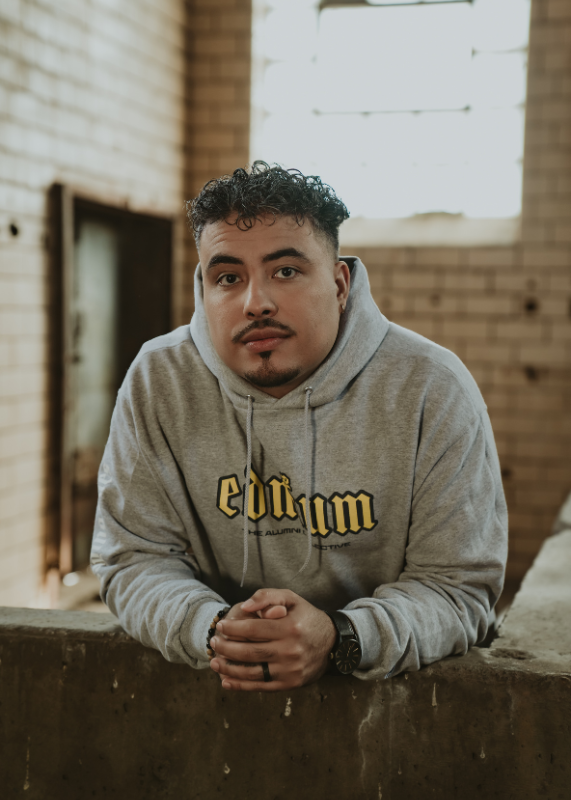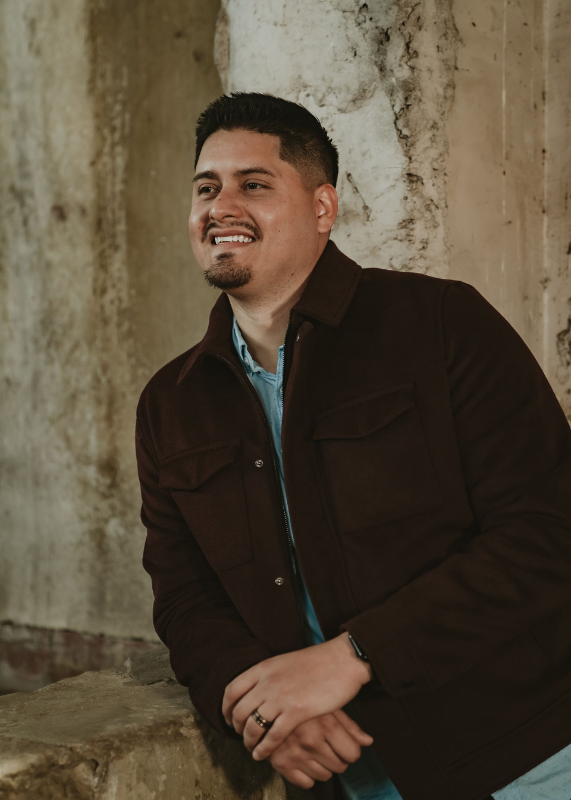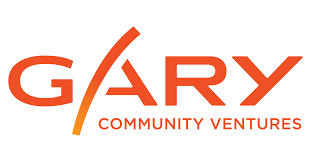PEOPLE
Ednium:
The Alumni Collective
Financial literacy is now a DPS graduation requirement. A major Denver scholarship is now funding apprenticeships. A group of recent K-12 graduates are behind all of it — and they say they’re just getting started.
—
By Will C. Holden
Editor: Chyrise Harris
Creative Director: Algernon Felice Jr.
How do we define success after high school? Who gets to come up with that definition? And what might happen if we didn’t just say “good luck” to the products of our public education systems after graduation?
For Ednium: The Alumni Collective, those questions have gone unanswered for far too long.
They’re not jaded about any of it, though. Far from it.
In their minds, all systems — including our K-12 public school system — can only generate the outputs they’re designed to produce. Right now, those K-12 outputs are diplomas, test scores and college acceptance rates.
But what happens when the users of your system no longer agree that those outputs are actually predictors of success — that diplomas aren’t leading to financial security, that good test scores aren’t putting a dent in our deepening youth mental health crisis, that college degrees aren’t generating the type of social capital that alumni need to build full, rich lives?
And what might happen if someone tried to mobilize and activate the voices of those K-12 system users? That’s a question Ednium is working to answer.
Lead photographer: CierraAnn Media, Assistant photographer: Mimarie Creative, Venue: The Headquarters | Sunday Night Meets
They aren’t here to provide any lectures. To the contrary. They’re actively and quietly working with the designers of Metro Denver’s K-12 systems to try to reimagine them.
And they’re not stopping there. Ednium’s also working with policymakers, businesses and a host of other organizations to capitalize on opportunities to reinvest in the homegrown talent our public school systems have worked so hard to produce.
But don’t take our word for it. Plenty of others are recognizing this work.
Ednium Alumni have now been named to the Denver Business Journal’s 40 Under 40 List, they’re sitting on boards with education thought leaders at places like the Denver Journal of Education & Community, they’re leading cultural organizations that are helping students find senses of self and belonging, and they’re buying homes, building families and setting their own kids up to experience the systemic change they’ve worked so hard to attain.
They’re not actively seeking your recognition, though. They care much more about the results. And those are starting to trickle in.
Financial literacy and cultural & ethnic studies curricula are now graduation requirements for all Denver Public Schools students largely as a result of Ednium’s work. Thanks to their advocacy, money from the Prosperity Denver Fund is now flowing to DPS graduates from more geographies and age ranges, and those funds can now be used for certificates and apprenticeships — not just traditional colleges. In the winter of 2023, Ednium will be working with our team at Gary Community Ventures to establish a cohort of local high schools in an attempt to illuminate and codify new workforce pathways and credentials of value for high school students before they graduate.
In just a few short years, Ednium has built a clear track record of success. And in that way, they might just be the perfect group to help our cities and school districts reimagine that term for future generations.
These are the four DPS alumni leading that work — and the communities they’re here to represent.

TeRay Esquibel
“It wasn’t risky to say ‘Stop ignoring the brilliance in our backyard.’ The risk was not saying something about it.”

Richard Maez
“When my students were saying, ‘I can solve an equation but I can’t manage my debt,’ that was a problem.”

Kathe Traore
“I found my people in my 20s. Before that, I always pretended to be someone else. I don’t want that for our kids.”

Alonso Jurado
“I got dropped at a bus stop with a duffle bag and $100. Many successful immigrants start the same way. I want cities to see us as assets.”
Related Stories
-
PEOPLE – Meet Ednium: The Alumni Collective
-
PEOPLE – Meet Alonso Jurado | Ednium
-
PEOPLE – Meet Kathe Traore | Ednium
- PEOPLE – Meet Richard Maez | Ednium
- PEOPLE – Meet TeRay Esquibel | Ednium
-
ORGANIZATIONS – The Savings Collaborative
- ORGANIZATIONS – Community Economic Defense Project
- ORGANIZATIONS – The Urban Land Conservancy
-
SHORT FILMS – Black Wealth Cannot Wait | Dearfield Fund
-
SHORT FILMS – Wealth Through Ownership | Apis & Heritage
-
SHORT FILMS – The Creation of Home | Dearfield Fund
